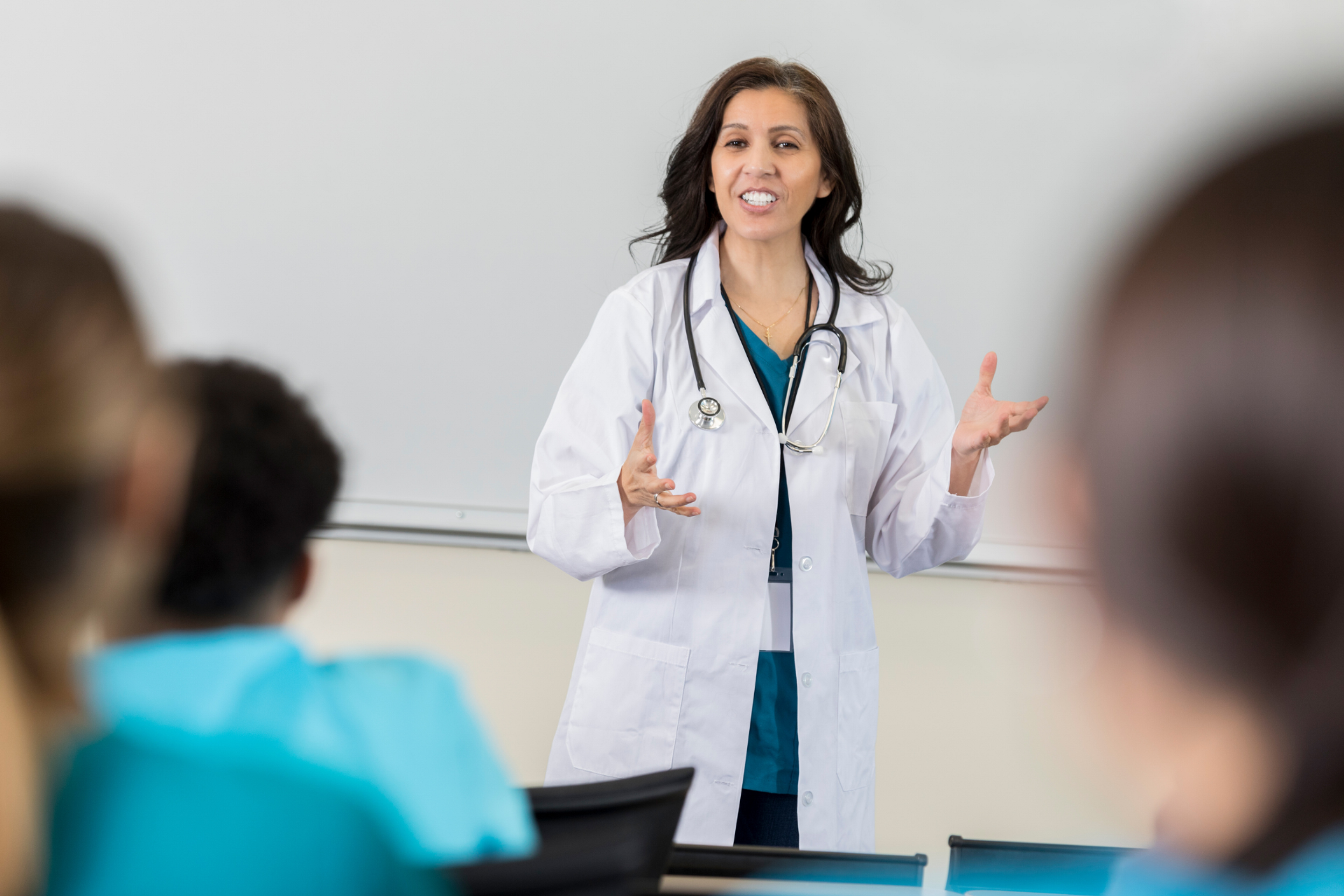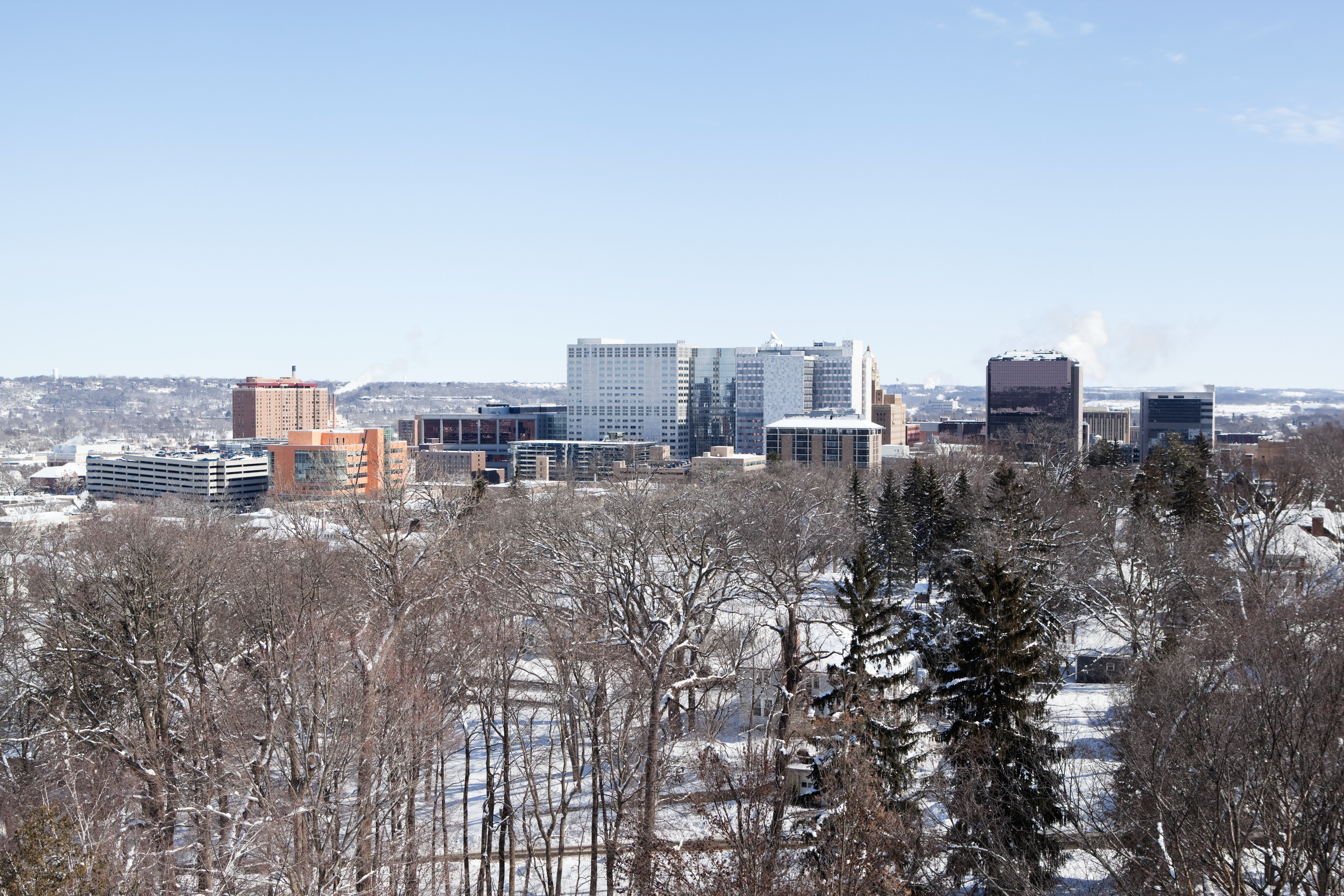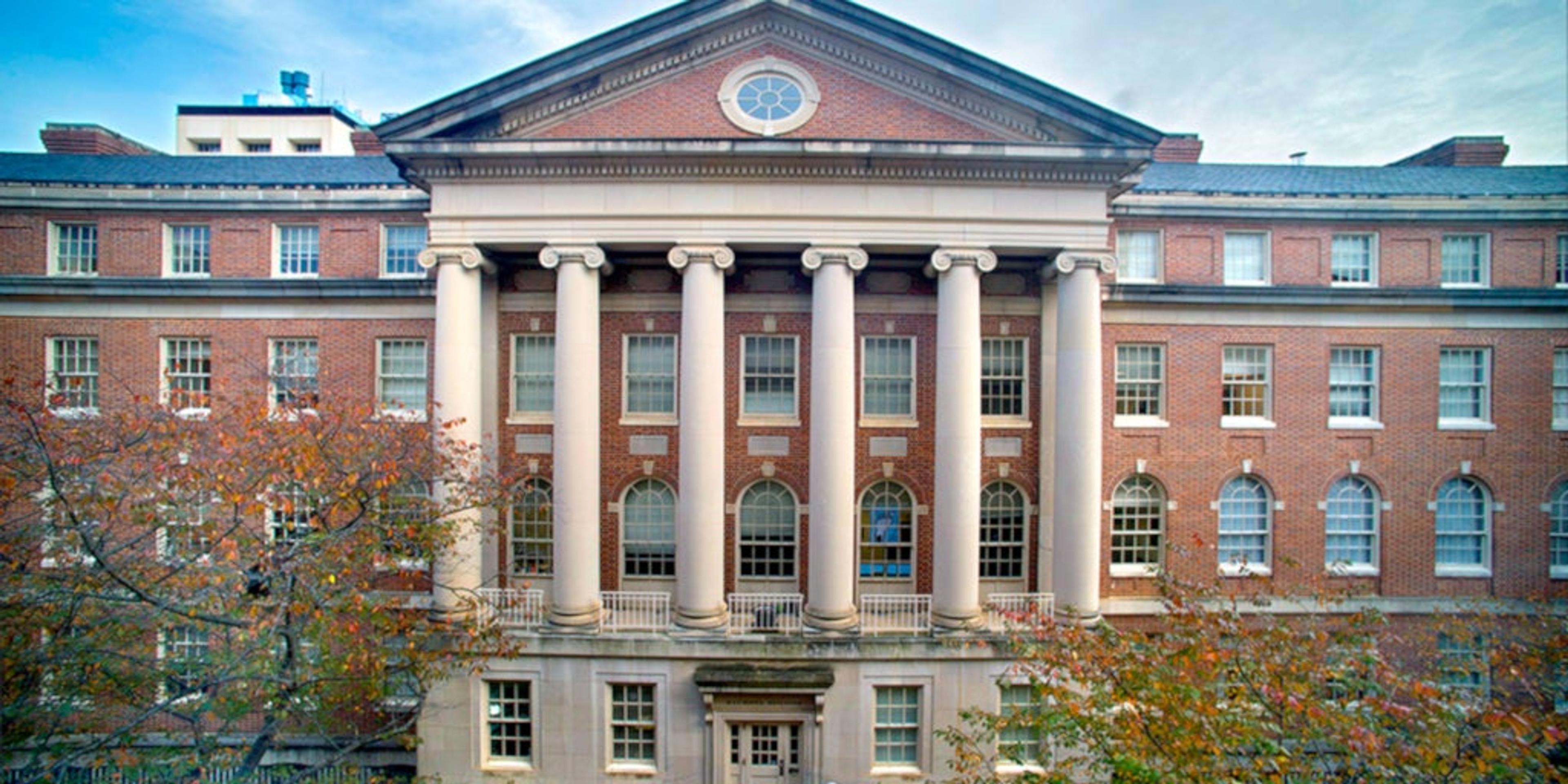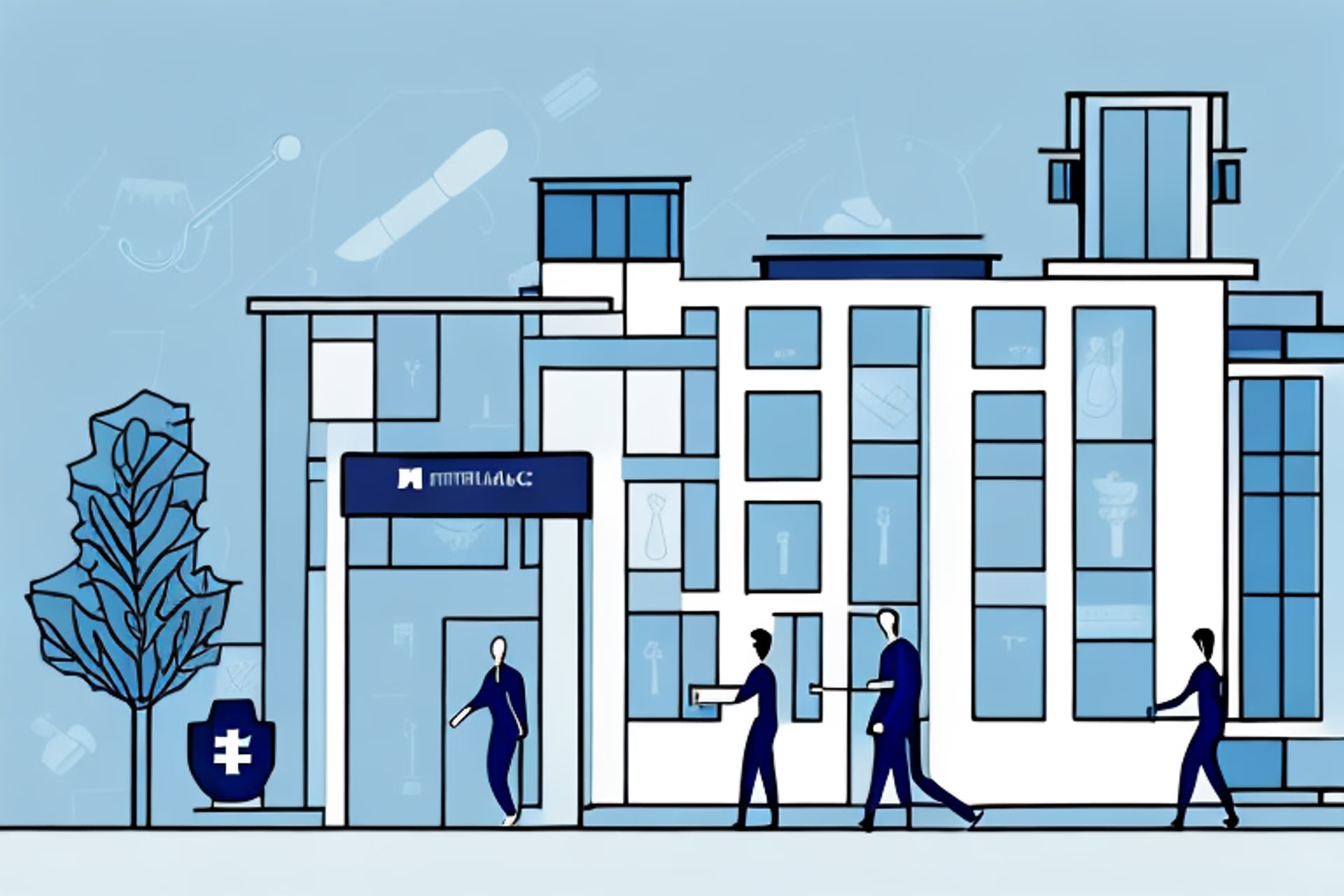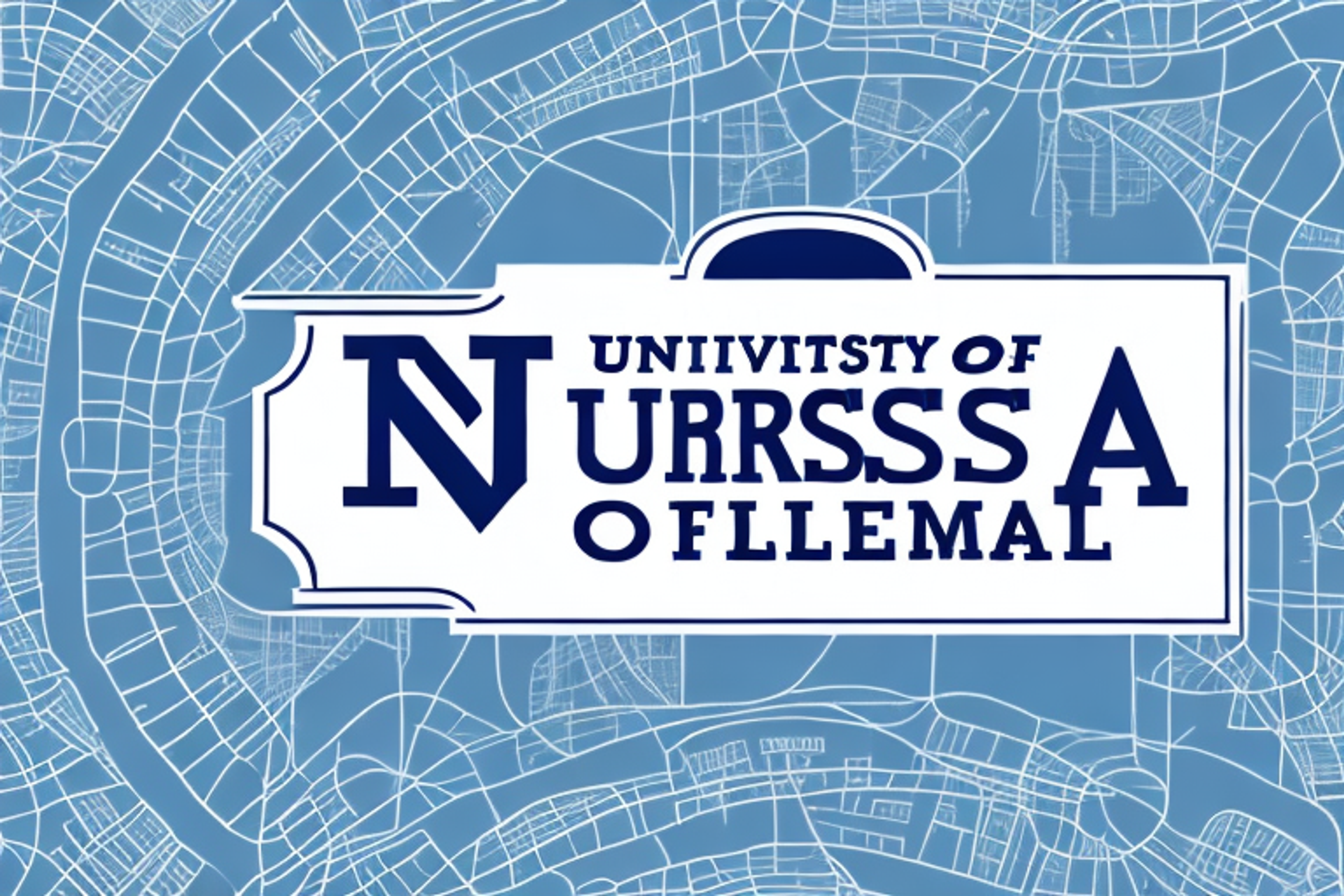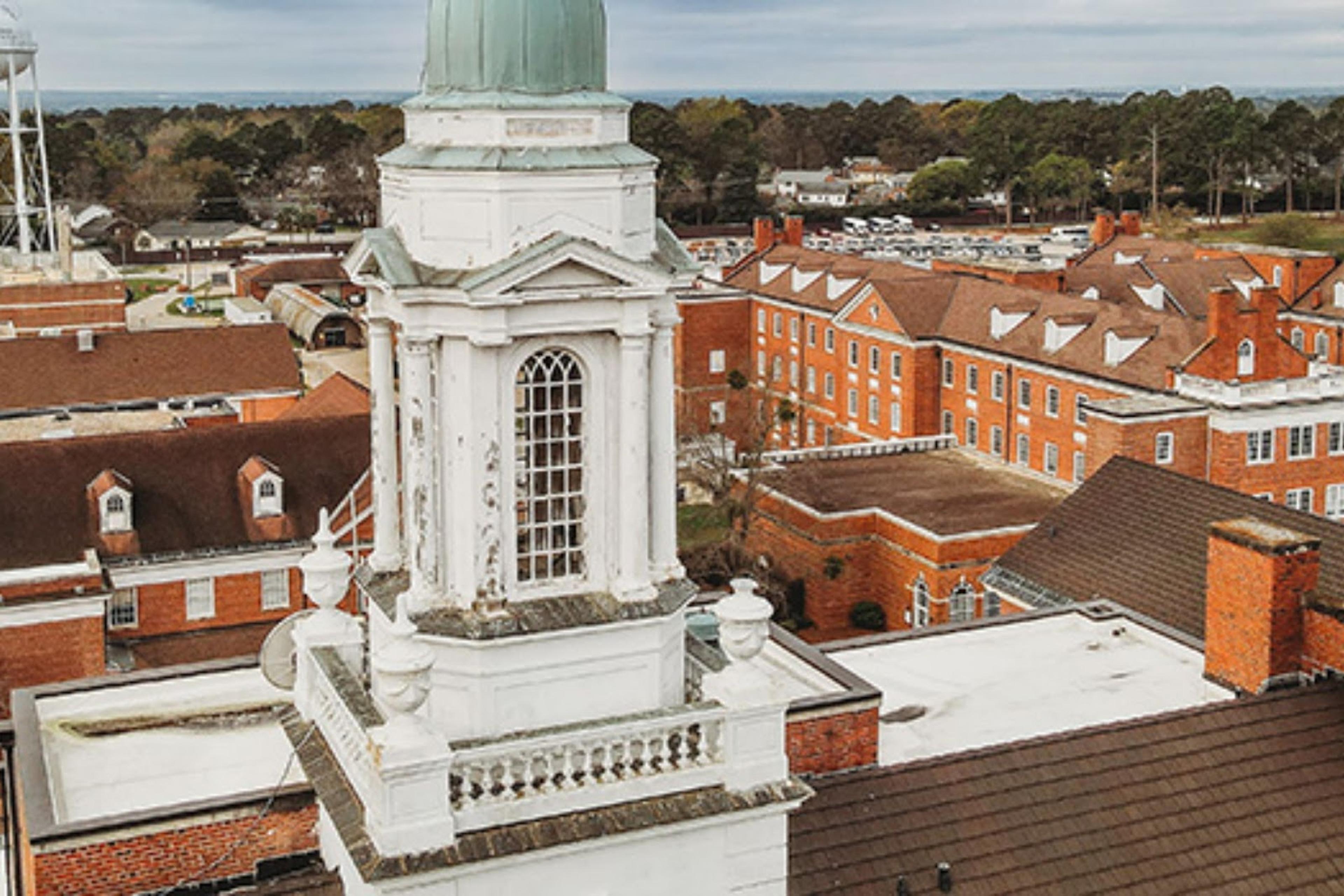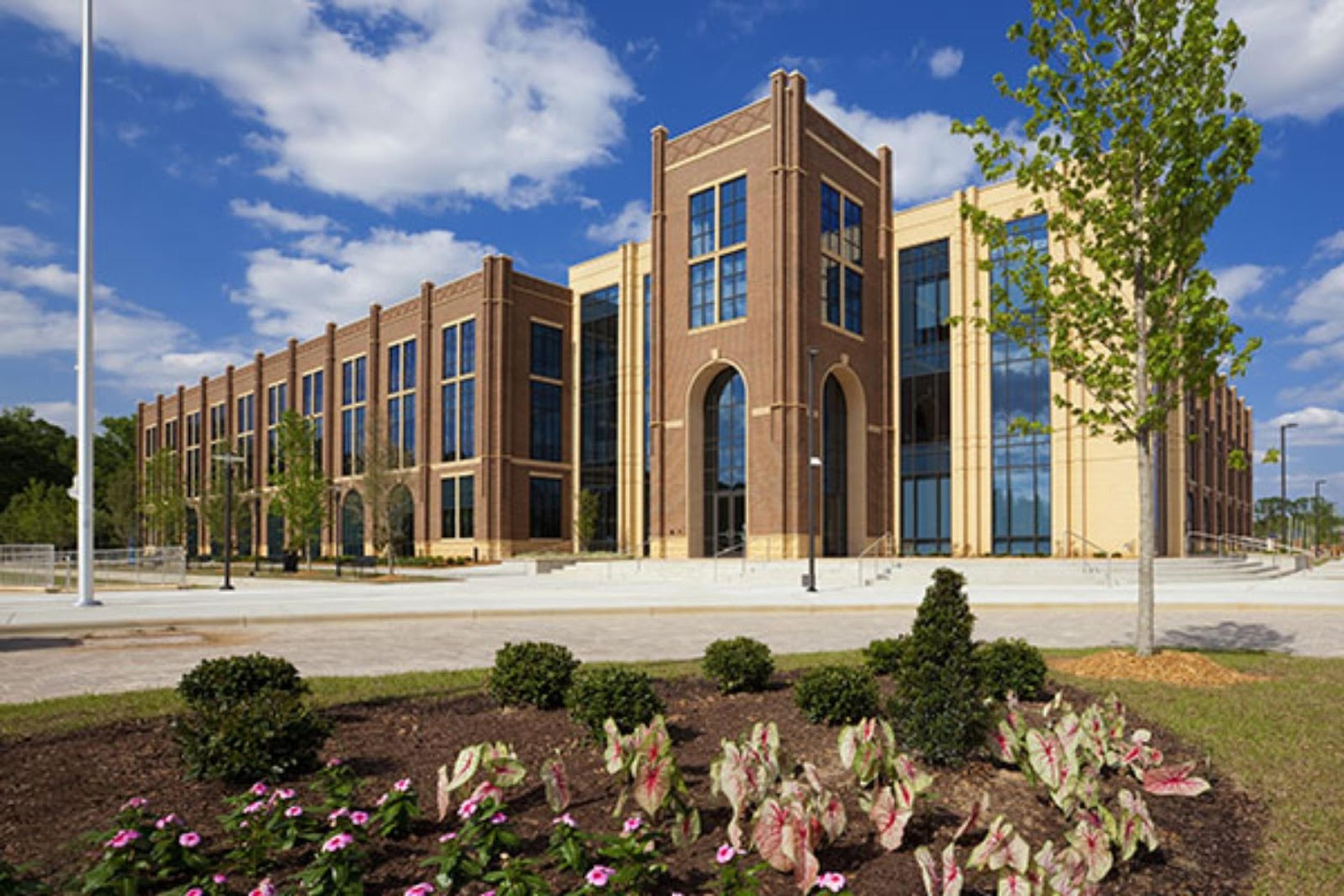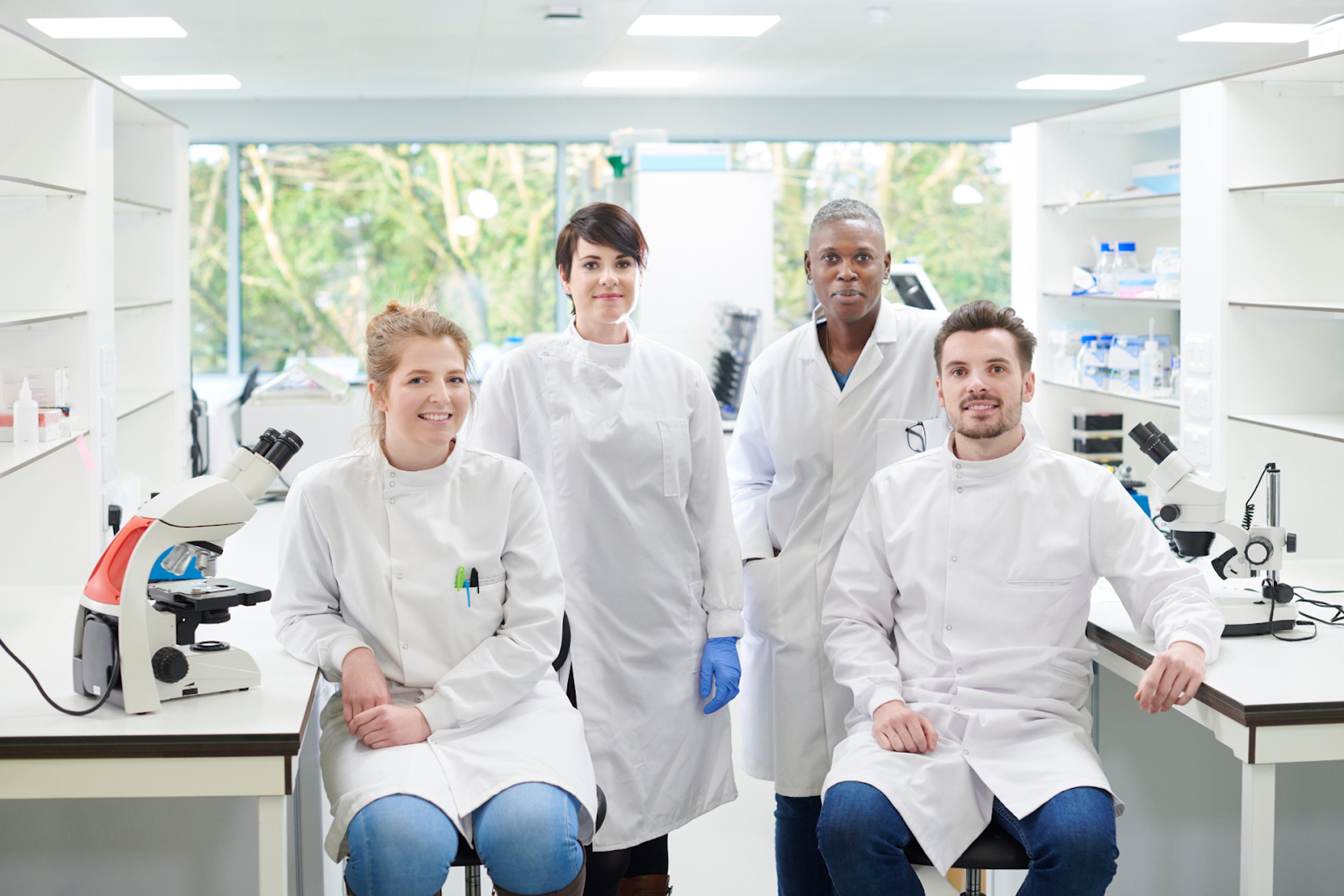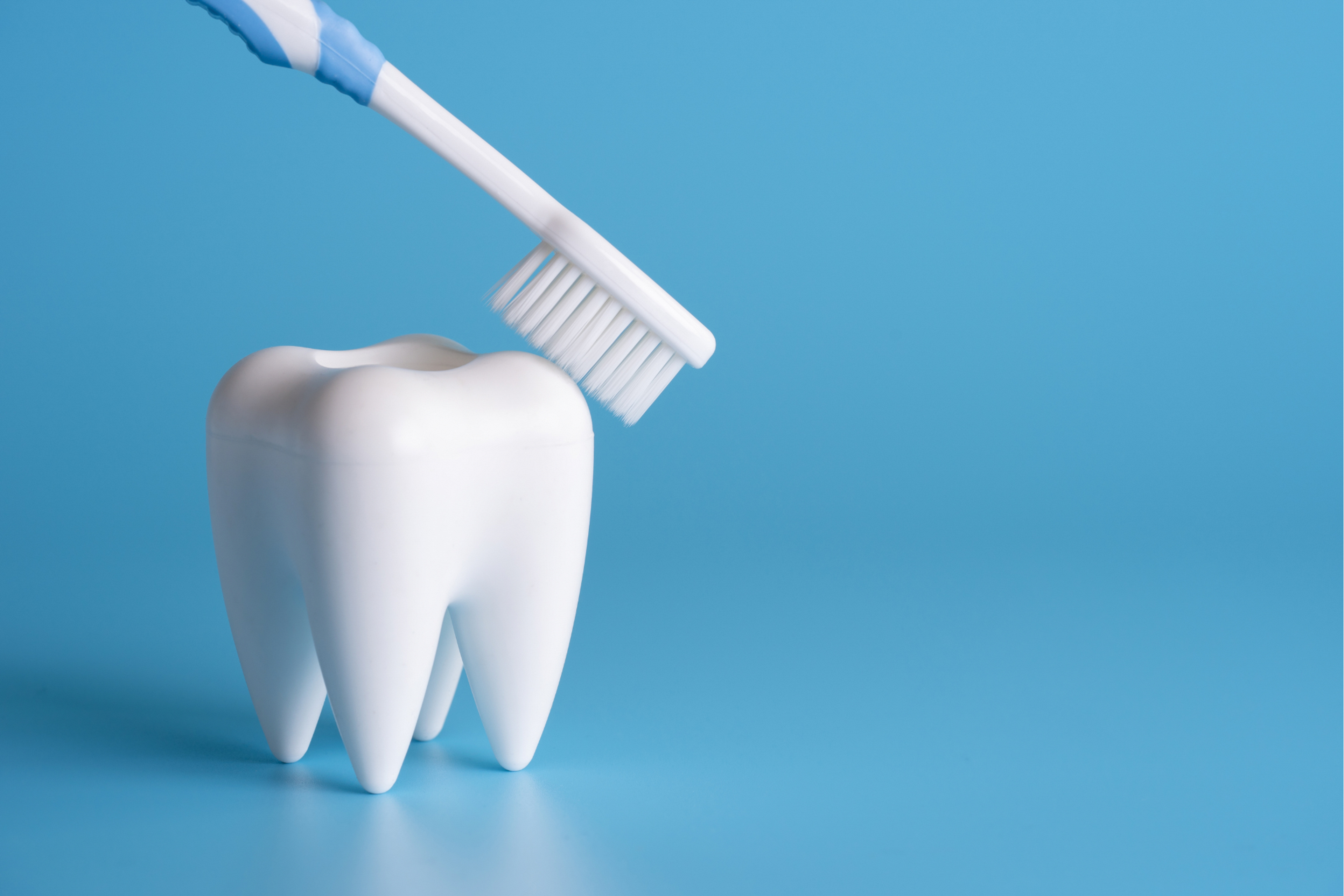UCLA Medical School: Application & Program Overview
The ultimate guide to applying to UCLA’s medical program, including an overview of the different MD tracks, the admissions process, tuition and scholarships, and more.
Posted March 6, 2025
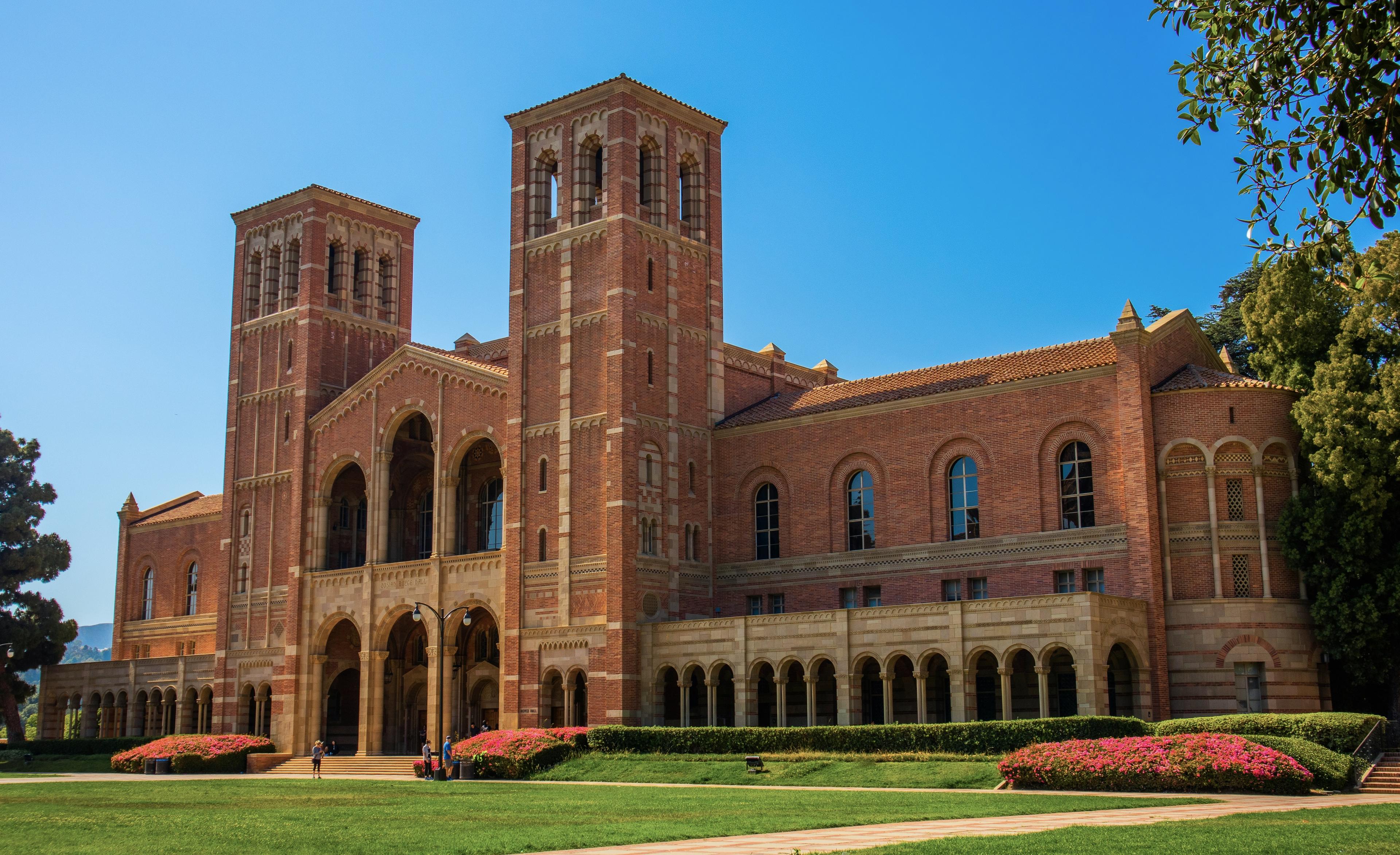
Table of Contents
If you’re an aspiring doctor, the David Geffen School of Medicine (DGSOM) at the University of California at Los Angeles may be on your list of medical schools to apply to. Founded in 1951, DGSOM has since become a leader in healthcare in Los Angeles and the state at large. DGSOM is committed to delivering leading-edge patient care, research, education, and community engagement, with notable advancements made in tissue matching, leukemia treatment, gene therapy, and Alzheimer’s research. Discover how to maximize your chances of being accepted by exploring the MD admissions process and programs available at DGSOM in our comprehensive guide.
MD Programs
DGSOM offers three tracks for obtaining the MD degree:
- Traditional MD: The traditional MD program is divided into four years of Foundations, Clerkships, Discovery, and Advanced Clinical.
- PRIME-LA: This five-year program is designed for aspiring leaders in medicine addressing policy, healthcare, and research in healthcare for the underserved. In addition to the MD degree, medical school students will pursue a masters in Business Administration, Public Policy, Public Health, Legal Studies, Clinical Research, or Education.
- MSTP: Offered in partnership with CalTech, the Medical Scientist Training Program is an MD/PhD program spanning eight years on average.
You can also choose to pursue an optional pathway:
- Urban Health Equity Pathway: This pathway is designed for future physicians interested in health equity, health disparities, urban health, and social justice, particularly in the Los Angeles area.
- Global Health Equity Pathway: This pathway prepares graduates to address global health and health equity challenges, with training in four continents.
DGSOM MD Admissions Process
Like most medical schools, DGSOM requires you to apply through AMCAS. To be eligible to apply, you’ll need to hold a bachelor’s or graduate degree from an accredited U.S. or Canadian institution. DGSOM does not have specific course requirements, but recommends you have knowledge in the following areas:
- Biological Sciences and Physiology: Cellular and molecular biology and genetics
- Chemistry, Biochemistry, and Physical Sciences: Inorganic and organic chemistry, biochemistry of intermediary metabolism, and associated laboratory activities.
- Humanities: This might include literature and/or art, history, philosophy, religion, ethics, economics, social behavior, psychology
- Mathematics and Statistics: This might include biomathematics, computer science, matrix algebra
- Healthcare Delivery: This could include courses and/or experiences that deal with the ethical, legal, political, public health, scientific and moral challenges facing healthcare and healthcare delivery
- Human Diversity
- Research Experience
- Writing and Communication Skills
- Clinical Experiences: DGSOM values a sustained interest and commitment to medicine
- Interpersonal Skills
2024-2025 Deadlines
| AMCAS Application Opens | May 2, 2024 |
| Interviews Begin | August 2024 |
| AMCAS Application Due | October 1, 2024 |
| Secondary Application Due | 2 weeks from the invitation |
| Admissions Offers Begin | October 15, 2024 |
| AAMC PREview Scores Due | November 15, 2024 |
| Interviews End | March 2024 |
All deadlines are at 11:59 PM Eastern Time. See the UCLA MD admissions page for more information.
AMCAS Application
- Identifying Information: You’ll submit your biographic information here.
- Schools Attended: You’ll need to enter all high schools, colleges, and universities attended, as well as official college and university transcripts.
- Biographic Information: Here, you’ll enter additional personal information, such as language proficiency, place of residence, and any challenges you have faced.
- Coursework: Enter all postsecondary courses you took. These will be used to determine your AMCAS GPA.
- Work/Activities: You’ll enter up to 15 experiences here, such as employment, extracurriculars, honors and awards, and publications.
- Letters of Evaluation: You’ll need to submit three to five individual letters of evaluation.
- A pre-health committee letter will count as one letter, but a committee packet containing three or more letters requires no additional letter submissions.
- Essays: You’ll need to submit a personal comments essay of 5,300 characters or less explaining why you are pursuing medicine. This essay is sent to all medical programs you apply for.
- If you’re applying for the MSTP, you’ll need to submit two additional essays, the MD/PhD essay and the Significant Research Experience essay. If your work was published, you should include the full citation in the Work/Activities section.
- Standardized Tests: In this section, you’ll submit your MCAT scores from a test from the last three years and if you're applying for the traditional track, AAMC PREview scores. You can also submit scores from LSAT, GRE, GMAT, or MAT exams.
- Fees: Finally, you’ll need to pay a $175 fee for the first program you apply for and $45 for additional programs.
For more information, see the 2024 AMCAS Applicant Guide.
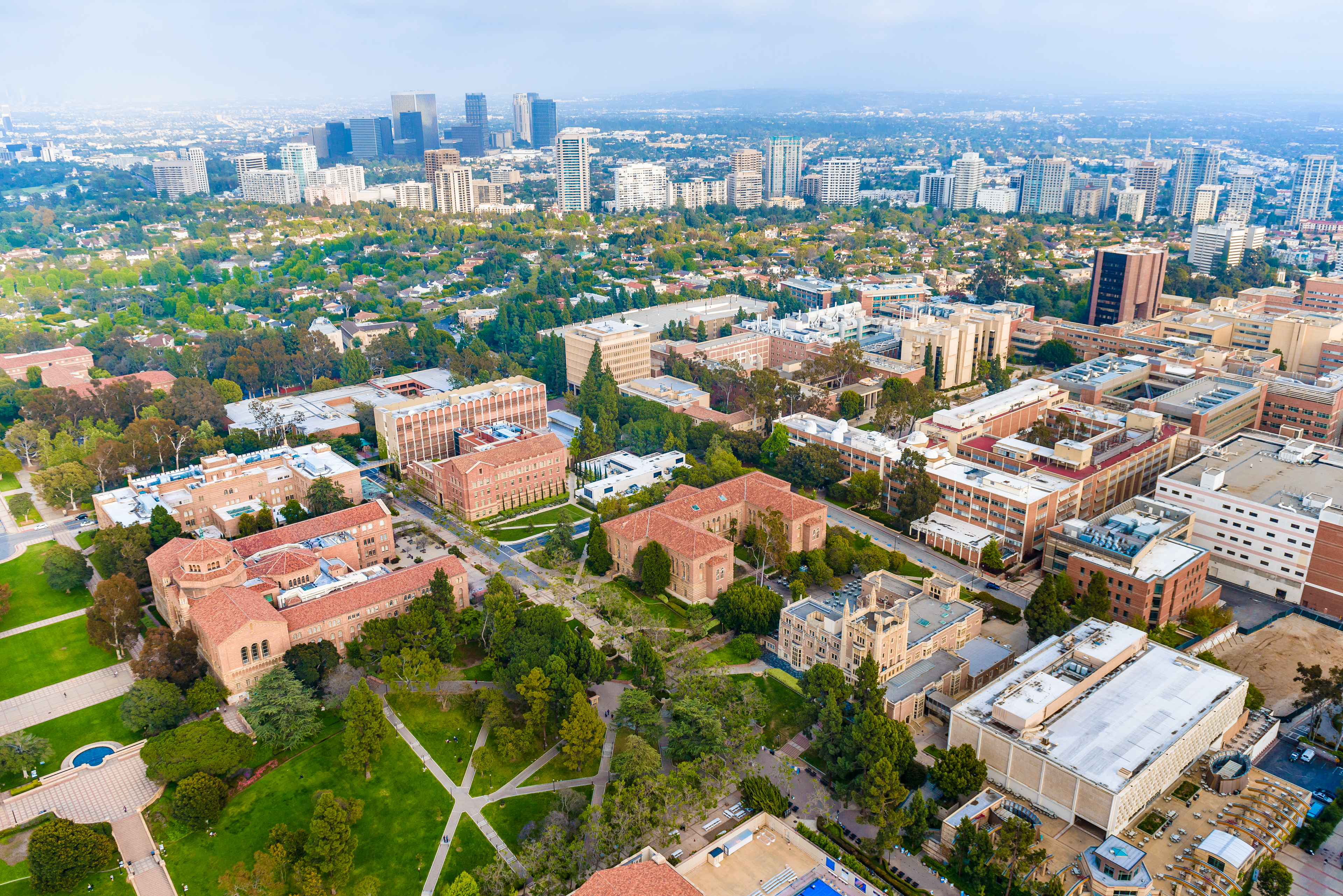
UCLA DGSOM Secondary Essays
After submitting the AMCAS application, you may be invited to fill out the secondary application, which you’ll need to submit within two weeks of the invitation. In addition to paying a $95 fee, you’ll need to answer the following prompts in 800 characters or less each:
- At the David Geffen School of Medicine at UCLA, students are provided with curriculum and experiences enabling them to become an "Outstanding Physician, AND...," dedicating themselves to important societal missions. What missions do you want to embrace? What have you done toward your missions?
- Respond to the following and indicate how these areas of experience have impacted your progress toward your future career goals in relation to becoming an "Outstanding Physician, AND...".
- Describe your most unique leadership, entrepreneurial, or creative activity.
- Describe your most important volunteer work and why it was meaningful.
- Describe your most scholarly project (thesis, research or field of study in basic or clinical science or in the humanities) and provide the total number of hours, dates and advisor.
- Describe how the COVID-19 pandemic has impacted your pathway to medical school. Include any academic, personal, financial or professional barriers, as well as other relevant information.
- Did you experience or are you anticipating time between graduating from college and matriculating into medical school? (If yes) Describe the activities in which you participated or are planning to participate. Examples include additional schooling, employment, or caring for a loved one.
- 5) Do you identify as being part of a group that has been marginalized (examples include, but are not limited to, LGBTQIA, disabilities, federally recognized tribe) in terms of access to education or healthcare? (If yes) Describe how this inequity has impacted you or your community and how educational disparity, health disparity and/or marginalization has impacted you and your community.
If you’re applying to the MSTP, you’ll need to answer whether you want to complete your PhD research at UCLA, at Caltech, or either UCLA or Caltech. Applicants interested in PhD research at UCLA must include a list of faculty whose research is of interest and who the applicant would possibly consider as a PhD research mentor. Applicants interested in PhD research at Caltech must include a list of faculty whose work is of interest and explain why Caltech would be a desirable location for their PhD research.
PRIME-LA Questions (2000 characters) 1. What is the most important social issue confronting the health of marginalized and under-resourced communities? Describe the first steps you would take to address this issue. 2. In what way will graduating from PRIME-LA and obtaining a master's degree enhance your career in health care or health services for marginalized and under-resourced communities? (If you are considering a specific master’s degree (e.g., MPP, MPH, MBA, etc.), please incorporate your graduate degree plans or aspirations into your answer) 3. Describe how your experiences demonstrate your understanding of, and commitment to, marginalized and under-resourced communities. 4. What are your greatest strengths and your greatest challenges as you approach medical school? 5. Describe your most memorable experience as it relates to working with marginalized and under-resourced populations. Urban Health Equity Pathway Questions (800 characters each) 1. Please describe how your experience, community and family background impact your understanding of medically underserved/under-resourced communities. 2. Other than healthcare access, what are some of the most important health care issues confronting medically underserved/under-resourced and vulnerable communities? How would you address them? Global Health Equity Pathway Questions (800 characters each) 1. Please describe why you are interested in the Global Health Equity Pathway and any experiences that have informed your decision to apply for this Pathway. 2. How do you think participation in the Pathway will contribute to your future career plans and career development? 3. What additional skills would you like to develop as part of the Pathway? What strengths do you currently have that may contribute to a global health or health equity project? (i.e., language, writing skills, advocacy work, monitoring and evaluation experience, data management/cleaning/analysis, website development, etc.) 4. What are the major challenges you might face as a medical student working in global health or health equity? How might you overcome these challenges? 5. Optional question: Please let us know if you have a mentor or organization with whom you would be excited to work as part of the Pathway and why you would like to work with this individual and/or organization. Mentors and organizations may be affiliated with DGSOM/UCLA or may be pre-existing relationships you developed prior to medical school. Note that you are not expected to have a DGSOM mentor and/or partner organization identified prior to arrival at DGSOM.
DGSOM Interviews
All MD admissions interviews are currently virtual one-on-one interviews with DGSOM faculty members. DGSOM mainly uses the MMI (multiple mini interviews) format, but you may also be asked a few behavioral questions. If you’re applying for the MSTP, you’ll also interview with faculty members in your areas of research interest and connect with current MSTP students.
Our Tips for Acing the Interview:
- Your interviewer will most likely have reviewed your file in depth, so try emphasizing experiences and qualities that are not already listed in your materials.
- Come with questions: This is also your opportunity to learn more about the medical education at DGSOM. Thoughtful questions can show that you are genuinely interested in the program.
- Practice, practice, practice! An experienced admissions coach can support you through the admissions process and help you determine which personal qualities will make you stand out.
For more information about admissions events and requirements, see the DGSOM admissions office.
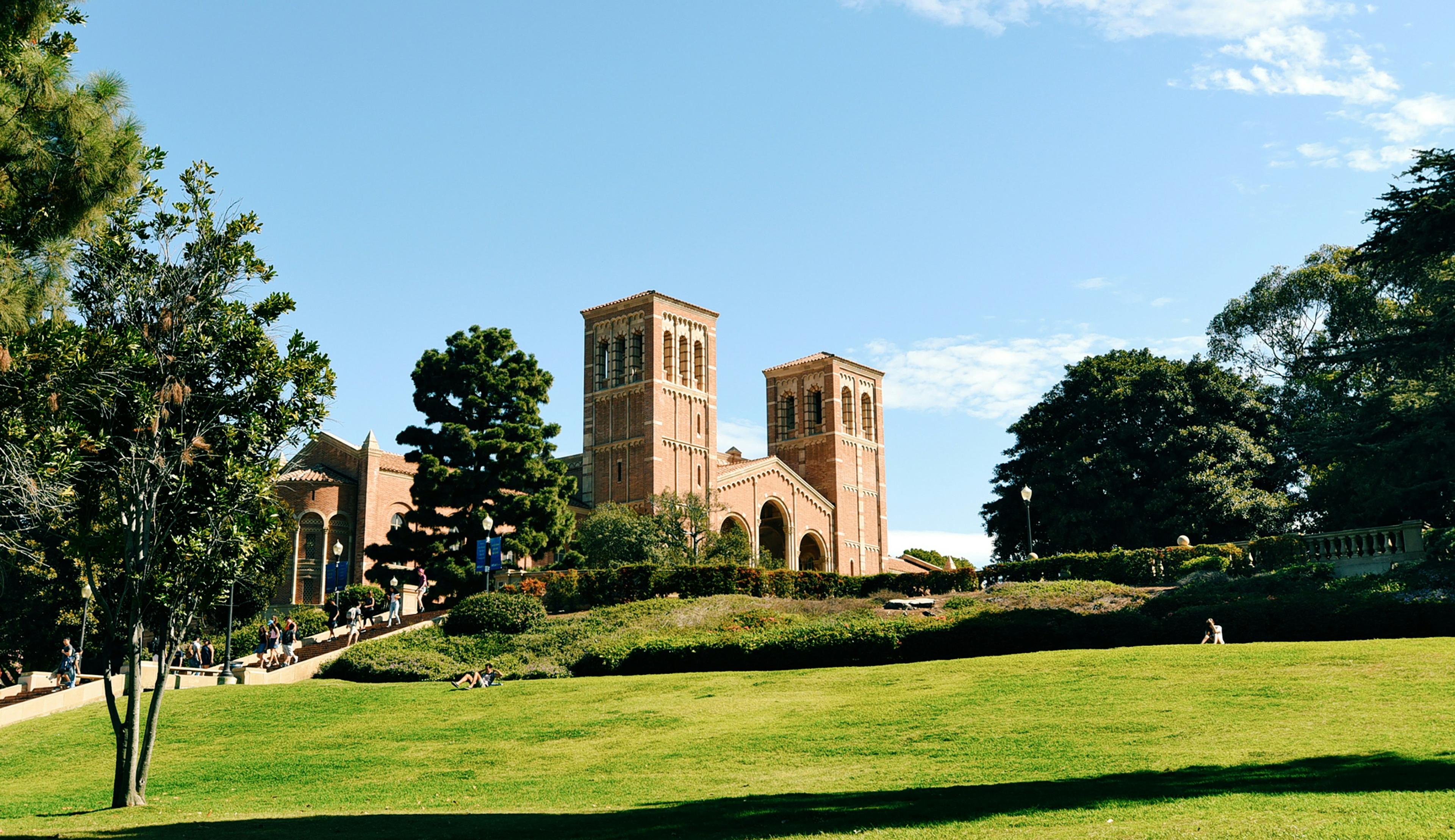
DGSOM Class Profile (Class of 2027)
The admissions committee is looking for future physicians who are not only academically talented but are also committed to becoming leaders in health and science and serving patients. As such, it uses a holistic review process and emphasizes diversity in backgrounds and life experiences among admitted students.
- Applicants: 13,122
- Class Size: 173
- Acceptance Rate: 1.3%
- Average GPA: 3.8
- Average MCAT: 514
- CA Residents: 57.7%
- Female Students: 59.4%
Cost of Attendance
Pursuing a medical degree can be a significant financial burden, so DGSOM offers merit-based and need-based scholarships, with 89 percent of medical students receiving aid. If you’re admitted, you’ll need to create an institutional account to apply for need-based aid, but you’ll be automatically considered for merit scholarships.
| Year 1 | Year 2 | Year 3 | Year 4 | |
|---|---|---|---|---|
| Tuition & Fees | $43,843 | $53,606 | $53,606 | $49,904 |
| Non-Resident Fee | $12,245 | $12,245 | $12,245 | $12,245 |
| Food & Housing | $26,270 | $31,524 | $31,524 | $26,270 |
| Books, Course Materials, Supplies, & Equipment | $3,510 | $2,219 | $1,629 | $1,730 |
| Transportation | $3,940 | $6,948 | $6,624 | $3,990 |
| Miscellaneous | $5,680 | $7,068 | $7,644 | $5,060 |
| Loan Fees | $882 | $882 | $882 | $882 |
DGSOM MD Curriculum Overview
The traditional MD curriculum, or the Healer Educator Advocate Leader Scholar (HEALS) curriculum, is divided into four years: Foundations, Clerkships, Discovery, and Advanced Clinical. The MSTP and PRIME-LA curricula also follow the HEALS curriculum but dedicate additional time to their corresponding dual degrees.
Foundations
In Year 1, you’ll start out at Base Camp, a four-week orientation course introducing you to the social determinants of health, ethics and professionalism, basic and introductory clinical skills, and essential basic science and acclimating you to your role as a physician-in-training. You’ll then move on to the year-long Scientific Foundations of Medicine, Foundations of Practice, Structural Racism and Health Equity, and Ethics and Humanities courses. You’ll also participate in the Early Authentic Clinical Experience, in which you’ll provide healthcare and social services at community-based and clinical settings. You’ll also be assigned to one of four societies, each led by an Assistant Dean who provides career advising, guidance for residency applications, networking opportunities, and more.
Clerkships
In Year 2, you’ll gain hands-on experience through eight core clerkships in emergency medicine, family medicine, medicine, neurology, obstetrics and gynecology, pediatrics, psychiatry, and surgery at affiliate hospitals, community clinics, and practices. Training sites vary in type of practice setting and are spread across SoCal, giving you the opportunity to serve diverse patients with varying needs.
Discovery
The third year offers exploration of an area of your interest through either a faculty-mentored scholarly experience in one of eight Discovery Areas of Concentration or the pursuit of a dual degree. If you choose the scholarly experience, you’ll complete and present a research project on Discovery Scholarship Day. In Year 3, you’ll also complete the USMLE and participate in Longitudinal Clinical Experiences, which allow for further exploration of specialties.
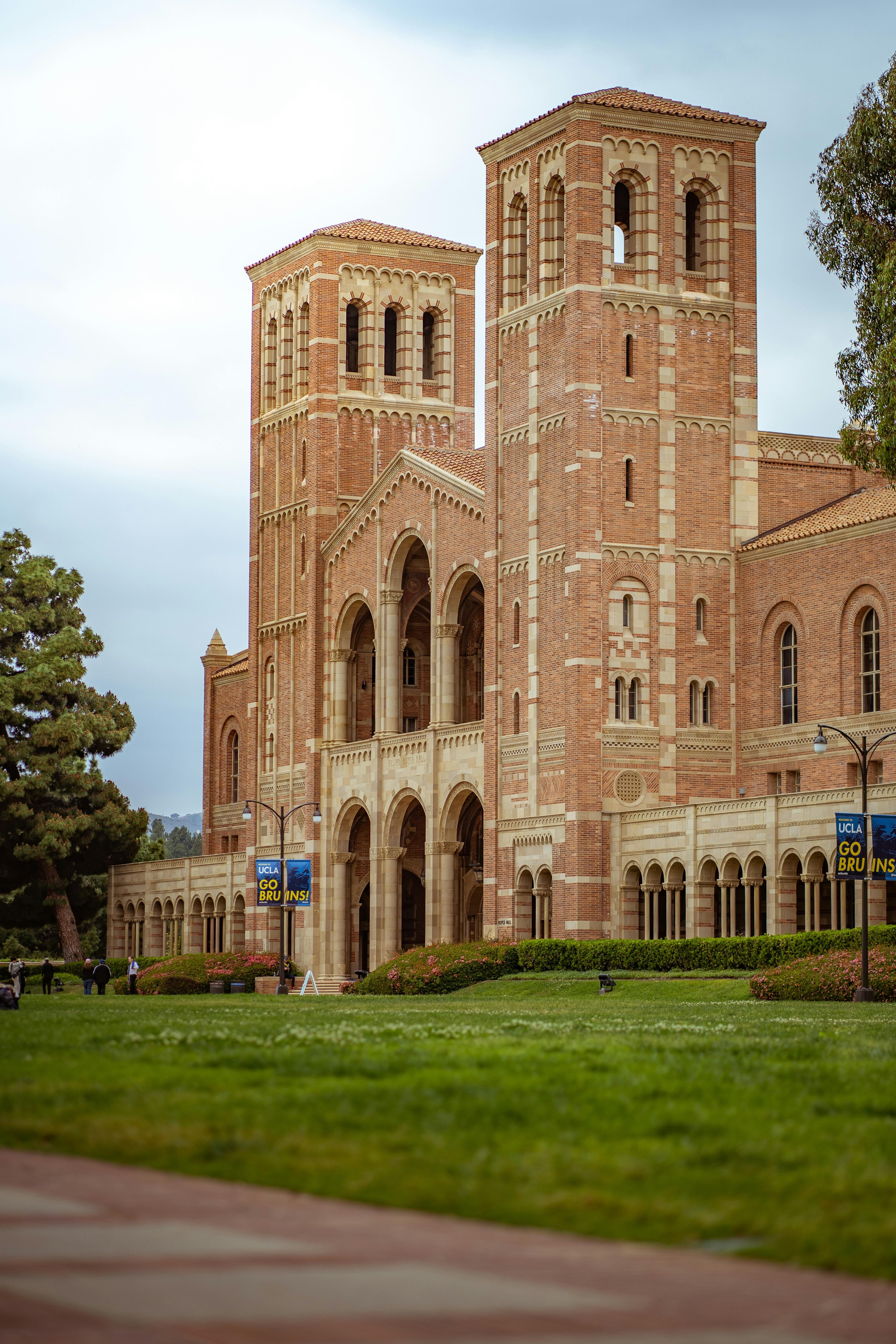
Discovery Areas of Concentration:
- Basic, Clinical, and Translational Research
- Global Health
- Social Science and Medical Humanities
- Innovation and Entrepreneurship
- Health Justice and Advocacy
- Medical Education and Leadership
- Bioinformatics and Data Science
- Health Delivery Improvement Science
Dual Degrees:
- MD/MBA (Masters in Business Administration)
- MD/MPH (Masters of Public Health)
- MD/MPP (Masters of Public Policy)
- MD/MS (Masters of Science in Clinical Research)
- MD/MLS (Masters of Legal Studies)
- MD/MA (Masters of Arts in Education)
Advanced Clinical
In the final year, you’ll complete 30 weeks of electives, including at least 24 weeks of clinical electives. Many choose to dedicate the remaining six weeks to research. The capstone course will also prepare students for internships and their future careers.
DGSOM is committed to supporting you throughout your journey to residency, boasting a 99.4% match rate among its graduates, about six percent above the national average. About 23 percent of seniors matched into a residency at DGSOM, with surgery being the most popular specialty this year.
FAQs
Can I apply as an international student?
- Yes, international students are welcome to apply as long as they hold a degree from a U.S. or Canadian institution and account for about two percent of DGSOM student body.
Can I reapply?
- Yes, you can reapply a maximum of two times.
Is student housing available?
- Yes, see the housing options here.
Do UCLA undergraduates and CA residents get priority in admissions?
- No, all candidates are assessed holistically.
For more helpful resources about applying to medical programs, check out these articles:

